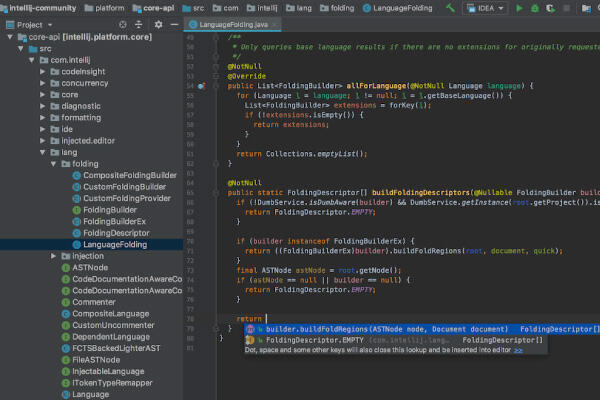
Specify the on the command line by using the -D option. Setenv LD_LIBRARY_PATH "/home/joe/chilkatJava-9.1.1-x86_64-linux:$LD_LIBRARY_PATH"Ĥ. Modify the LD_LIBRARY_PATH environment variable to include the path where the Chilkat shared library is located.Įxport LD_LIBRARY_PATH=/home/joe/chilkatJava-9.1.1-x86_64-linux:$LD_LIBRARY_PATH To load "libchilkat.so", call System.loadLibrary("chilkat"), as shown below.ģ. The loadLibrary method may be used when the directory containing the shared library is in. Note: The is initialized from the LD_LIBRARY_PATH environment variable.

StringTokenizer parser = new StringTokenizer(property, " ") String property = System.getProperty("") To view the paths listed in, run this Java code: Copy the shared library to one of the paths already listed in ("Native code library failed to load.\n" + e) Ģ. System.load("/home/joe/chilkatJava/libchilkat.so") This choice removes all uncertainty, but embeds a hard-coded path within your Java application. Call System.load to load the shared library from an explicitly specified absolute path.


Modify the LD_LIBRARY_PATH environment variable to include the directory where the shared library is located.Copy the shared library to one of the paths already listed in.so from an explicitly specified absolute path. I will list them briefly here, followed by examples with more explanation below. There are several ways to make it possible for the Java runtime to find and load a native shared library (.so) at runtime.
#Where do i place java libraries on my mac for eclipse how to#
How to Load a Java Native/Shared Library (.so)


 0 kommentar(er)
0 kommentar(er)
